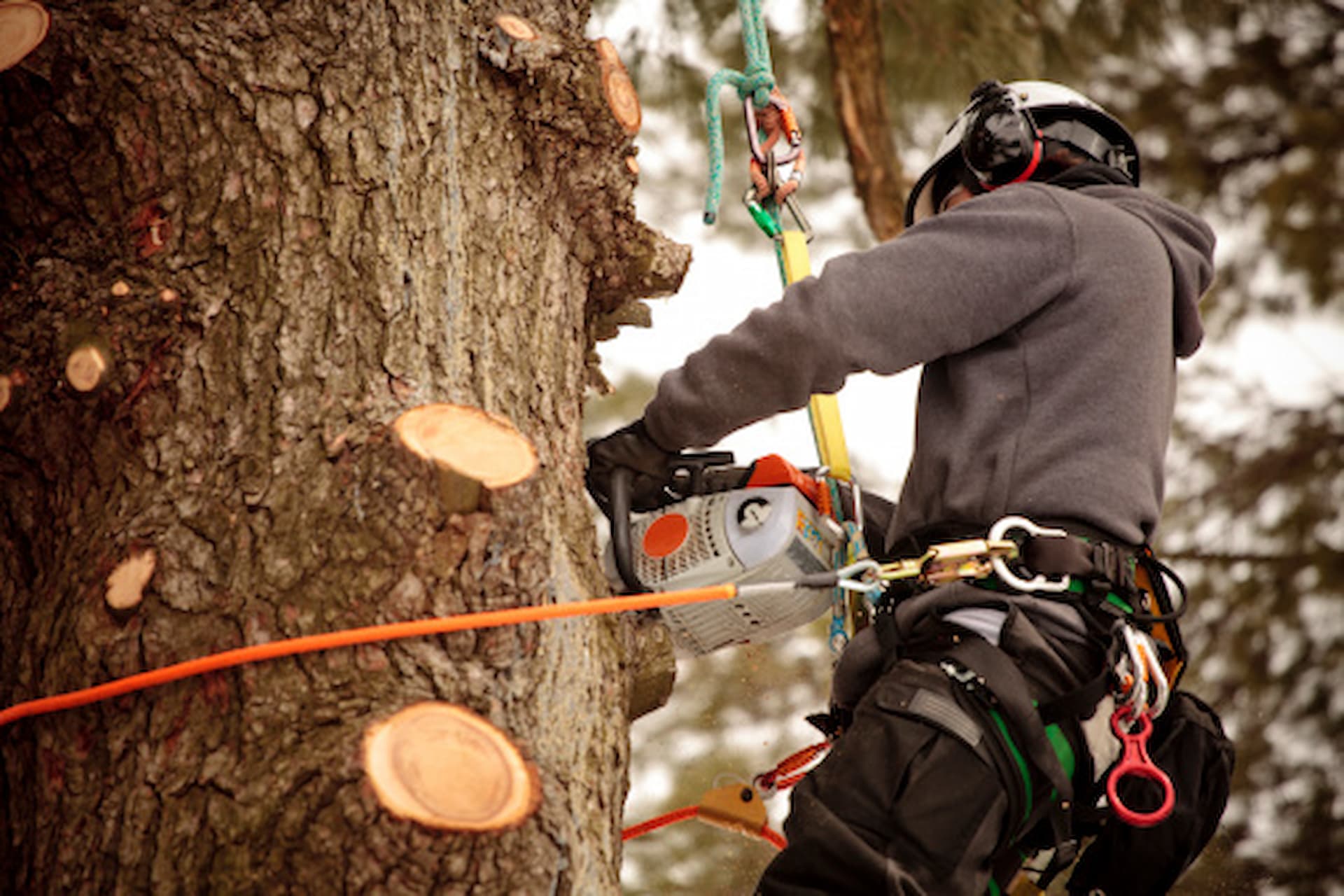The enduring appeal of sewing machines
The weight of dependence we place on sewing machine is vast, and it seems hard to imagine how we ever coped without them. Perhaps comparable to moving vehicles and mobile phones, the importance of sewing machines cannot be underestimated, even if the machines are taken for granted from time-to-time. The stitching quality of the garments we wear or make use of today was only available to the very rich two centuries ago, but sewing machines have made global mass-production of affordable, top-class clothing a reality.
Build up your skill levels
The sewing machine market is vast, and ranges to budget-minded products to high-end, industry-standard devices that are instructed by computer. Some sewing machines are built with the production of just one product in mind, whilst other industrial sewing machines cater for a wide range of clothing and other products. If you are planning on purchasing a sewing machine for your own personal use, it is vitally important that you choose widely from the various types of device available to you.
The items that you are planning on sewing should contribute notably to your choice in machine. A basic sewing machine will only cope with light to mid-weight cottons and is not a great match for more intricate work. Denim and tweeds are out of the question when it comes to the more basic machines. Thick fabrics are catered for better by more expensive machines. The higher-end domestic machines may take more skill to operate, but can help you achieve better results and allow your stitching skills to improve vastly as a consequence. The more expensive machines will be less portable however, whilst cheaper machines for basic use can be freely moved around the home.
A new hobby
Beginners to the world of stitching may find that electric manual machines are a great match for their capabilities. They come with vast ease-of-use and allow new users to assess whether stitching is right for them. Once new beginners have mastered a basic machine such as this, it may well be time to become more adventurous. In this economic climate, sewing machines are of great value, allowing us to repair our garments and even create new ones whilst learning a new skill and hobby at the same time.
For the best prices and best sewing machines, visit the Direct Sewing Machines website. With some great offers on major brands such as Bernina sewing machines, we’re the only choice you need.



